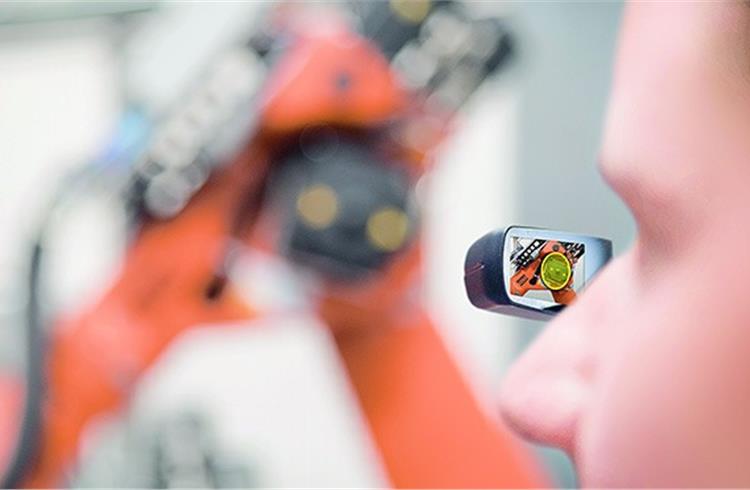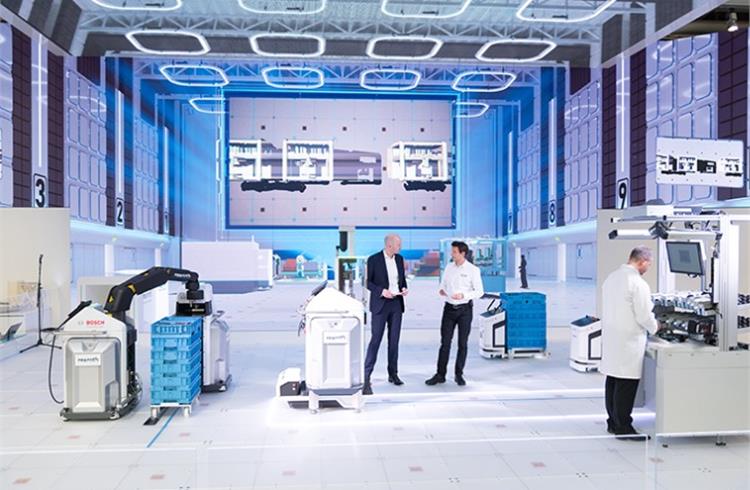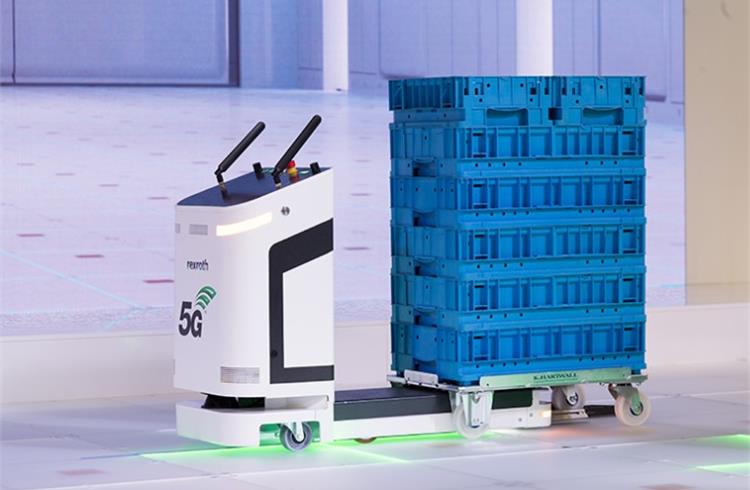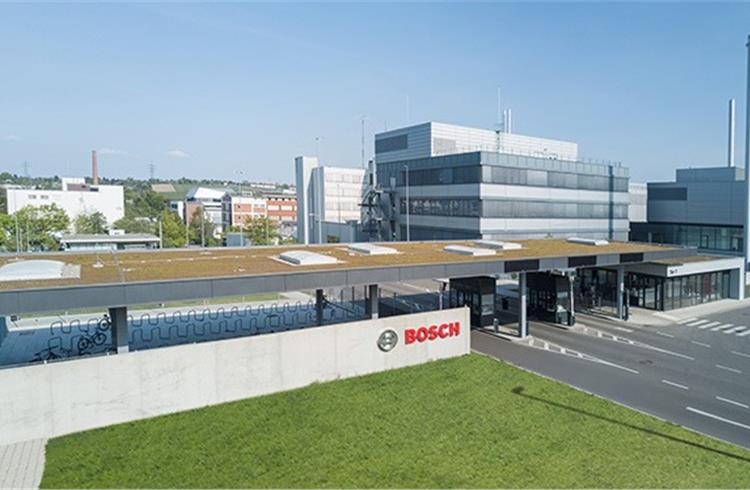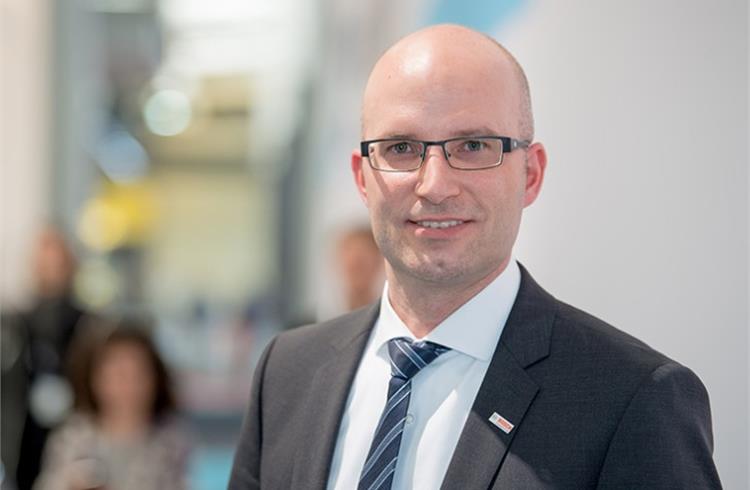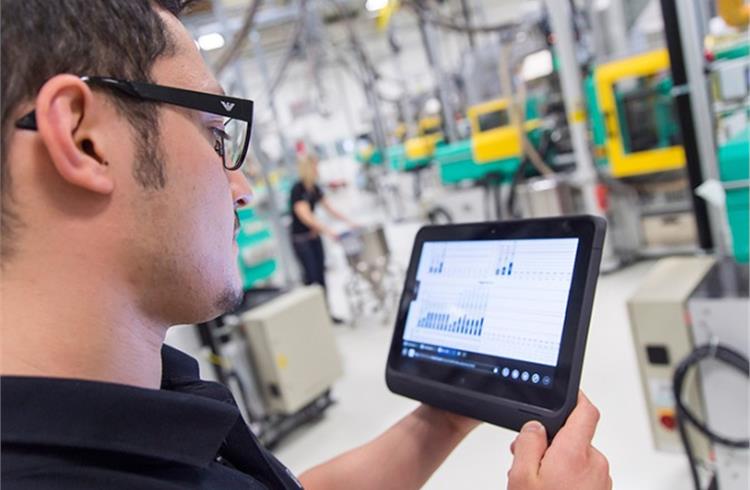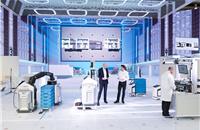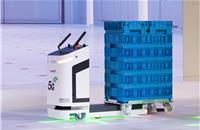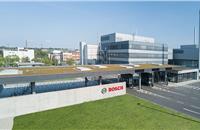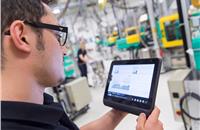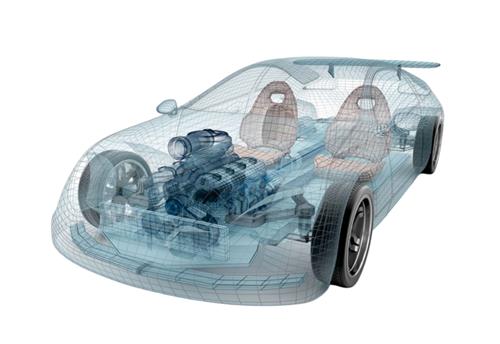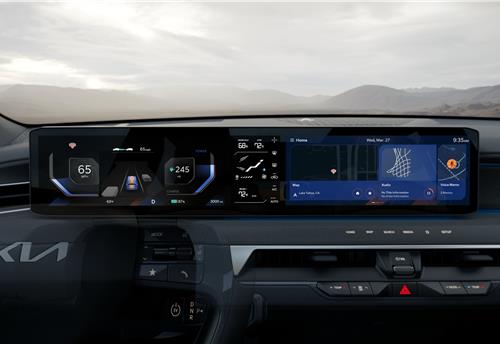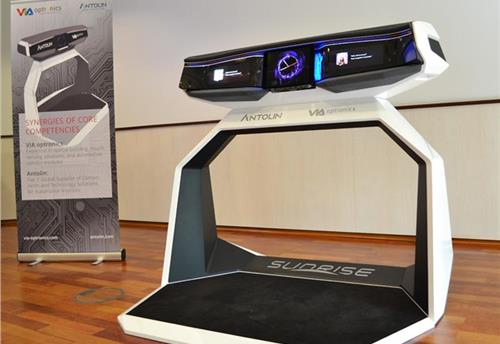Bosch bullish on 5G, applies for licenses for select German plants
Over the next few months, 5G trials will be conducted at Bosch plants and at its research campus in Renningen, in preparation for rollout in the company’s manufacturing operations.
Bosch, which believes 5G local area networks are the way forward, has applied for 5G operating licenses for select German locations.
“As an IoT company, Bosch began researching into 5G early. The new communications standard is a key to automated and connected driving, and an essential element of the factory of the future,” says Dr. Michael Bolle, the Bosch Group CDO and CTO.
Following licensing by the regulatory authorities, Bosch intends to set up these local 5G networks in collaboration with selected partners over the course of 2020 in order to better exploit the potential of Industry 4.0. Over the next few months, 5G trials will be conducted at Bosch plants and at its research campus in Renningen, in preparation for rollout in the company’s manufacturing operations.
5G campus networks for Bosch plants
The Bundesnetzagentur – the regulatory authority responsible for frequency allocation in Germany – recently changed its policy and now allows companies to obtain licenses for their private use. This will enable Bosch to set up its own 5G networks and thereby improve its competitiveness.
"Private campus networks offer a maximum of security and independence. 5G speeds up industrial manufacturing processes. By establishing local 5G networks, we will be able to take a significant leap forward in our ambitions to create the factory of the future", says Rolf Najork, the Bosch management board member responsible for industrial technology.
Bosch has initially applied for 5G operating licenses for the lead plant for Industry 4.0 in Stuttgart-Feuerbach and the research campus in Renningen. “The pioneering work done by these selected locations will ultimately benefit the entire Bosch manufacturing network, with its roughly 280 plants worldwide,” Bolle says.
5G to play a central role in the factory of the future
“In our vision of the factory of the future, the only fixed elements are floors, walls, and ceilings. Everything else is movable and can be reconfigured at will,” Najork says. Examples include mobile robots, autonomous transportation vehicles, and new assistance systems such as data glasses, which provide associates with optimum support.
An important requirement for such flexible systems is a powerful wireless infrastructure enabling efficient communication between human operators, machines, and other equipment. “This calls for a reliable, secure, and high-speed data transmission system with short response times – all of which is possible with 5G,” says Andreas Müller, who works for Bosch as a researcher and is the chairman of the international 5G Alliance for Connected Industries and Automation (5G-ACIA).
The advantage of 5G is that it not only provides a means of efficiently connecting mobile devices and wireless sensors, but also provides the basis for entirely new system concepts. For instance, 5G enables a mobile robot to be controlled in real time using data stored in a local manufacturing cloud. This reduces costs, increases flexibility, and simplifies maintenance. It also optimises operation of the machines. “If you walk into a factory today, you’ll see that almost every machine has an operating console with an emergency off switch. Someone has to press that button to bring the machine to a standstill. With 5G, the operator doesn’t need to be near the machine: an emergency stop and other functions can be executed using a mobile device. This makes the operator’s work easier, and also helps save costs,” Müller says.
5G improves security in production
Local 5G networks virtually eliminate dependence on third-party providers. By setting up and operating their own wireless networks, manufacturers can configure them to meet the often highly demanding requirements of industrial communication applications. This solution also gives them full control over relevant security concerns. For instance, if the public network is overloaded, local 5G networks permit factory operations to continue without losing control of the system.
“Campus networks allow us to decide for ourselves what architecture and security features best suit our needs, and what equipment we will use to implement them. And we know who has access to specific components and data,” Müller says. This reduces business risks and preserves data sovereignty. Dedicated interfaces are used for connections to the internet and other public networks, and are continuously monitored.
RELATED ARTICLES
Marelli Talbros Chassis Systems wins Rs 1,000 crore business from European OEM
The order, to be executed over an eight-year period, is for the supply suspension arms tailored for both conventional in...
Kia launches customised NBA display themes for North American market
Display Themes is a customised service that supports a personalised vehicle experience, allowing users to customise the ...
Antolin and VIA Optronics unveil versatile vehicle cockpit concept
The Sunrise vehicle concept cockpit, which is engineered for seamless transitions between manual and autonomous driving ...





 By Autocar Pro News Desk
By Autocar Pro News Desk
 21 Nov 2019
21 Nov 2019
 5242 Views
5242 Views



